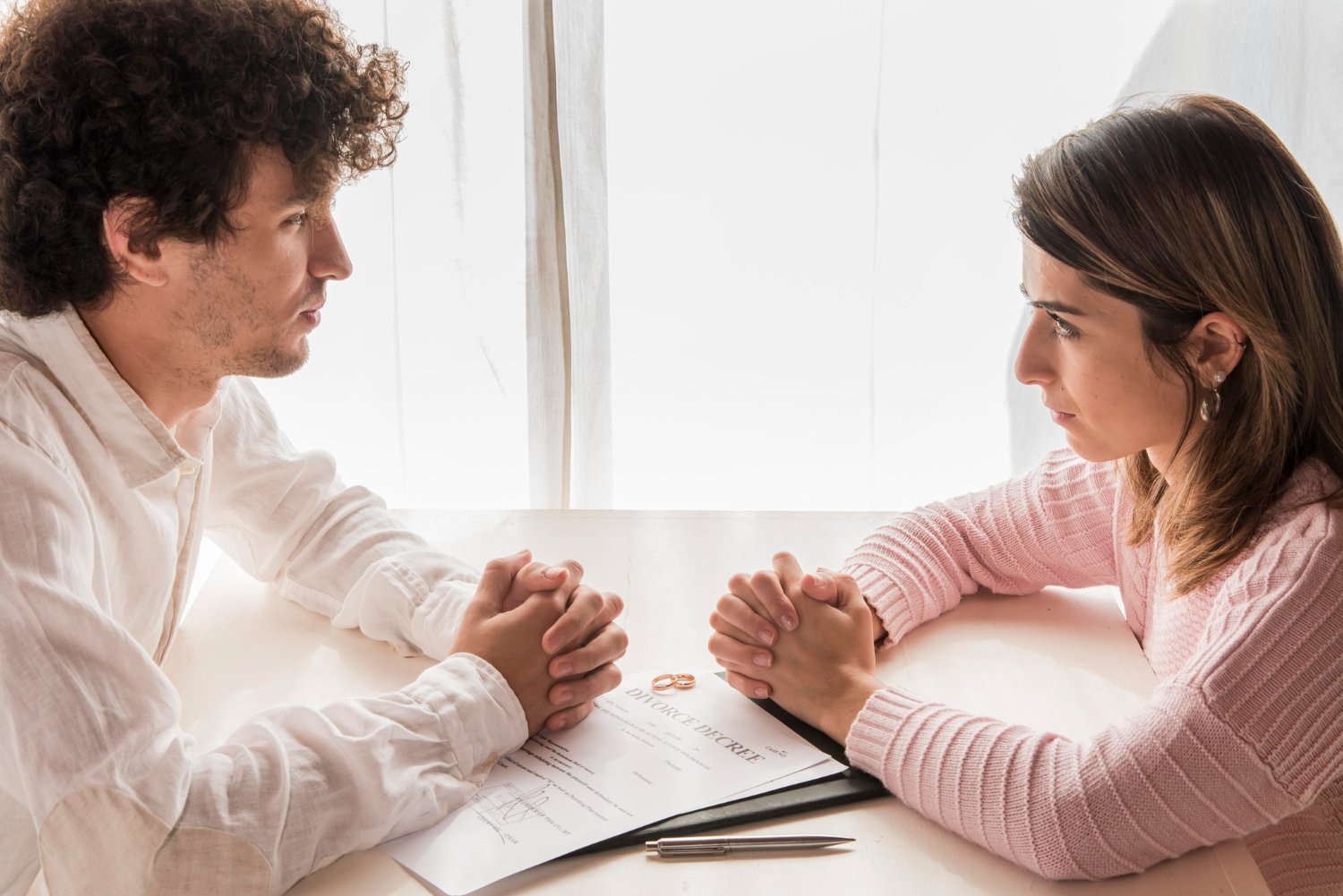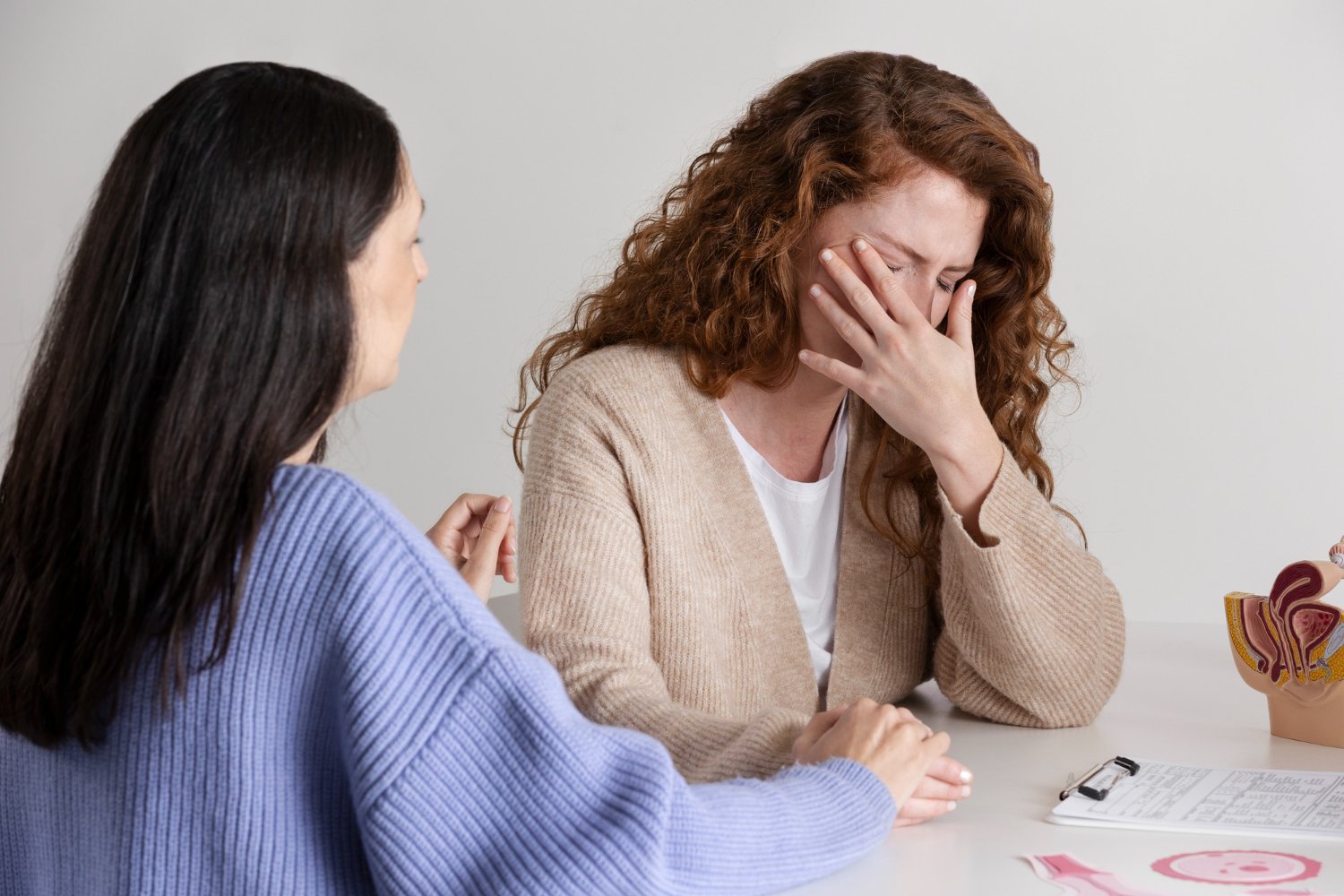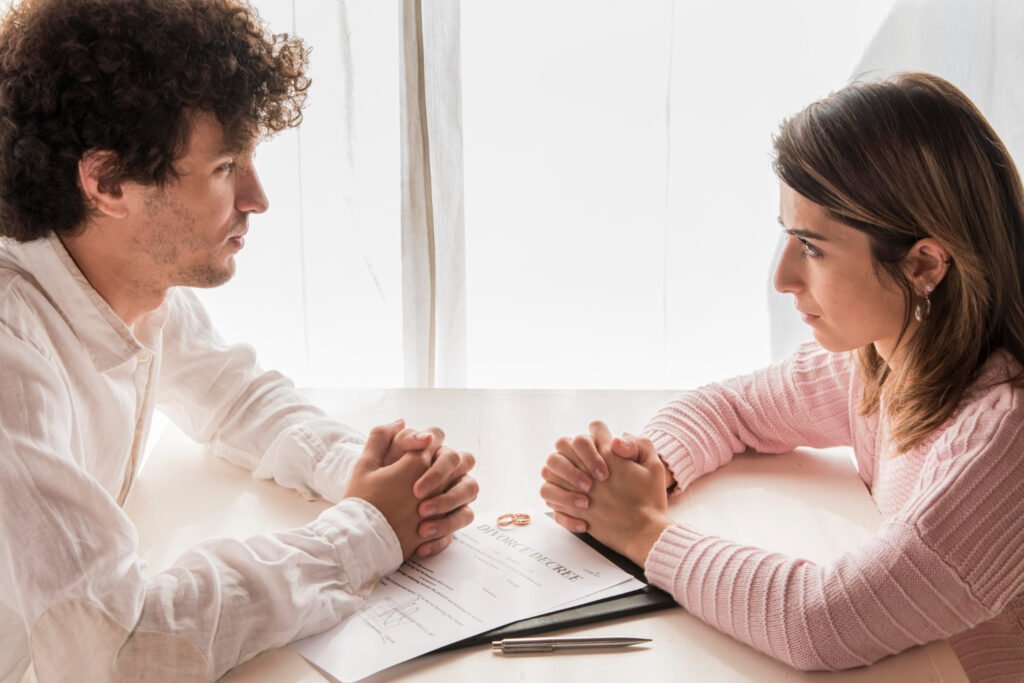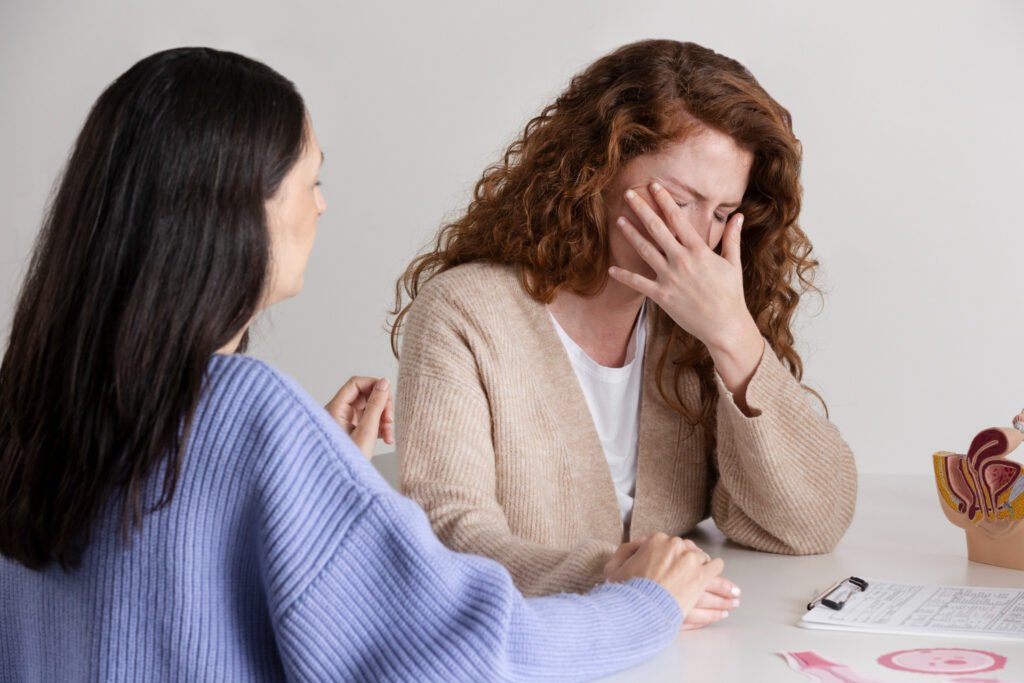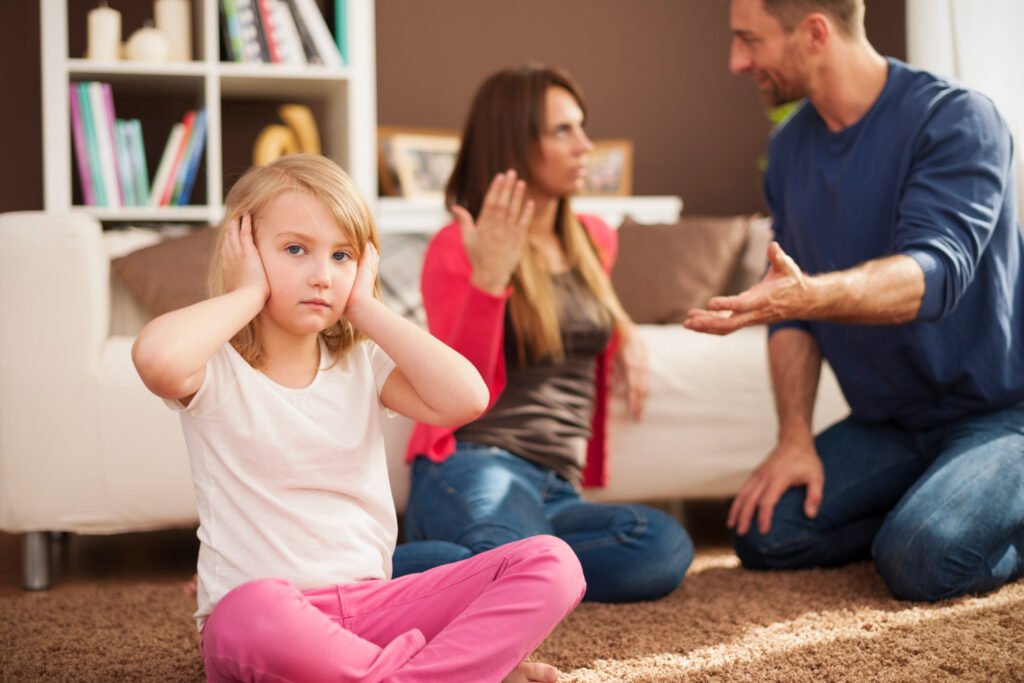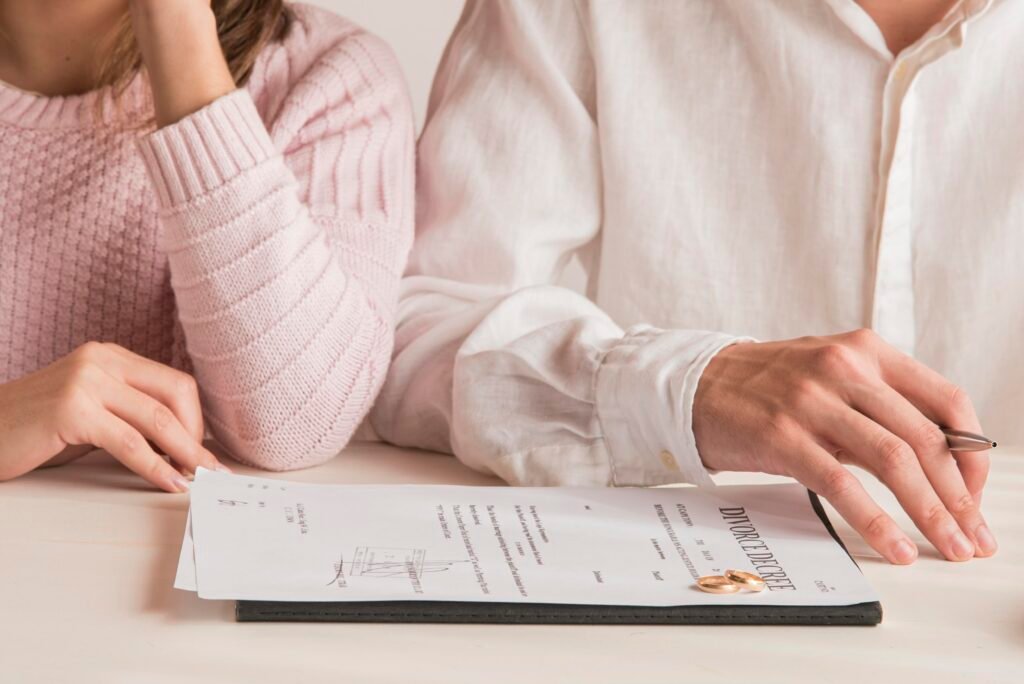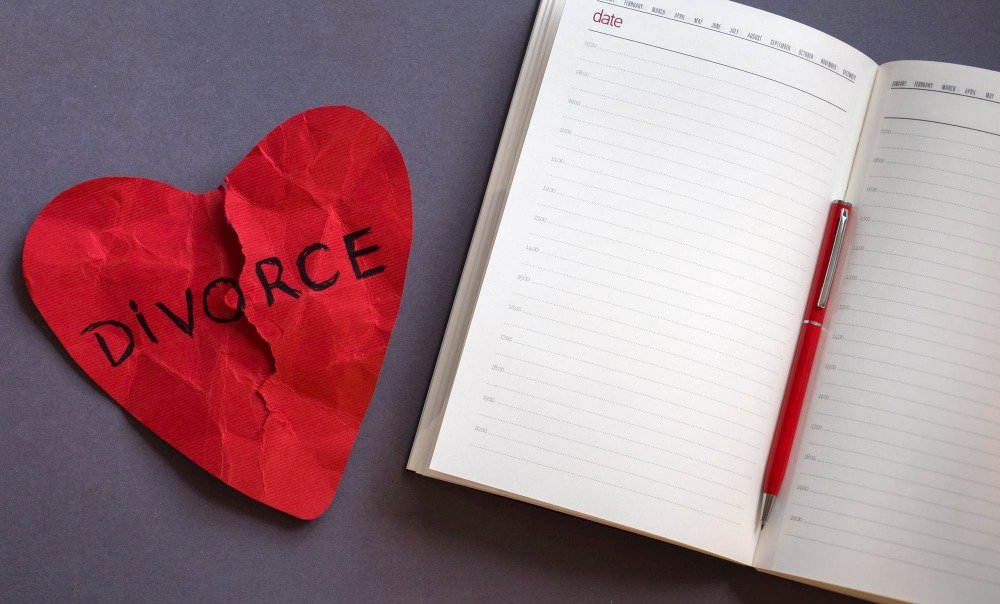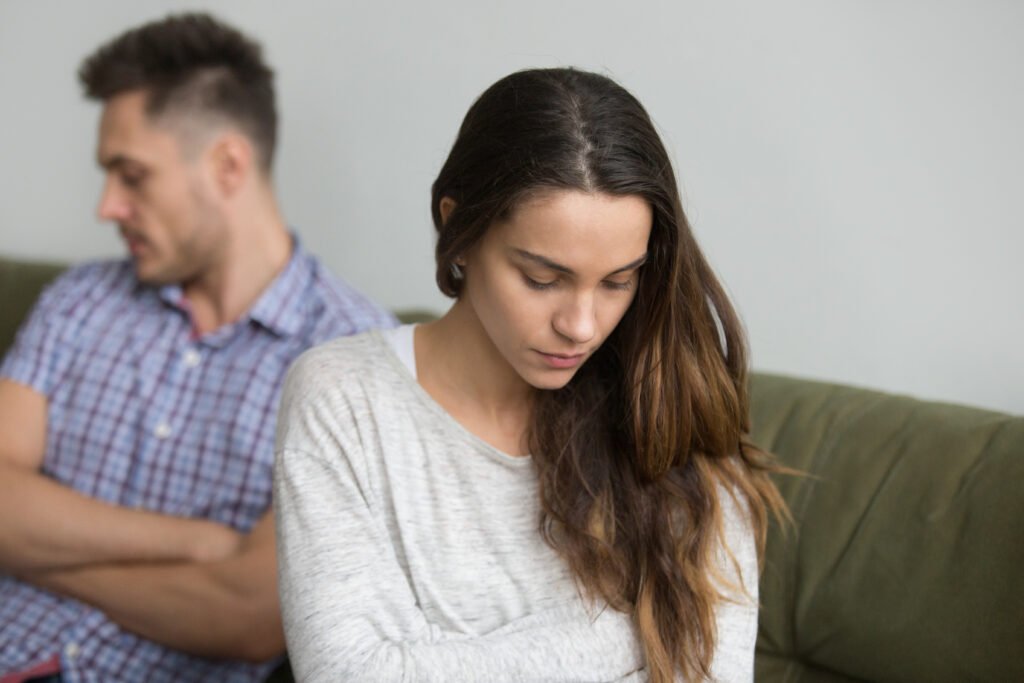We all feel down sometimes. Maybe you had a rough day at work, a fight with a friend, or just woke up feeling “off.” Sadness is a normal part of life—it comes and goes, often triggered by something we can point to. But what happens when that feeling sticks around? When the heaviness doesn’t lift, no matter what you do?
That’s when we need to talk about something deeper: depression.
A lot of people use “depressed” and “sad” interchangeably. But while they can feel similar on the surface, they are not the same thing. Understanding the difference between sadness and depression is more than a mental health distinction—it can literally change lives.
Let’s break it down, in a way that feels real, not clinical.
What Is Sadness?
Sadness is a natural human emotion. It’s our heart’s way of reacting to pain, disappointment, or loss. Everyone feels sad sometimes, and that’s okay—even healthy. Sadness can be caused by a breakup, a missed opportunity, a death in the family, or simply a bad day.
Key things to remember about sadness:
- It’s usually triggered by something specific.
- It tends to fade with time.
- It can come in waves but isn’t constant.
- You can still experience moments of joy, laughter, or distraction in between.
Sadness is part of being human. It reminds us that we care, that we love, that we’re alive. And most of the time, we move through it—sometimes with the help of a good cry, a heart-to-heart with a friend, or a long walk to clear our head.
What Is Depression?
Depression is not just feeling sad. It’s a mental health condition—one that affects how you think, feel, and function in your daily life.
Clinical depression (also called Major Depressive Disorder) is deeper, more persistent, and often doesn’t have a clear “reason.” It’s not something you can just “snap out of,” and it’s not a sign of weakness.
Here’s what depression can look like:
- Feeling numb, empty, or hopeless most of the time
- Losing interest in things you used to enjoy (even your favorite music or hobbies)
- Low energy, exhaustion, and difficulty getting out of bed
- Trouble sleeping or sleeping too much
- Changes in appetite (eating too much or not at all)
- Difficulty concentrating or making decisions
- Feeling worthless or guilty—even when there’s no logical reason
- Thoughts of self-harm or suicide
Depression often affects every part of your life—your work, relationships, self-esteem, and physical health.
Depression vs Sadness: The Key Differences
Let’s put it side by side to see how they really differ:
| Feature | Sadness | Depression |
| Triggered by | Specific event or situation | May or may not have a clear cause |
| Duration | Short-term, fades with time | Lasts at least 2 weeks or longer |
| Emotional intensity | Fluctuates, allows for moments of relief | Persistent, can feel overwhelming or numbing |
| Physical symptoms | Rare or mild | Common: fatigue, sleep/appetite changes |
| Functioning | Still able to carry out daily tasks | Daily life often becomes difficult or impossible |
| Treatment needed? | Often not necessary | Often requires support: therapy, medication, or both |
It’s Okay to Struggle—But It’s Also Okay to Ask for Help
Let’s say this clearly: there is no shame in feeling depressed. Just like you wouldn’t ignore a broken leg or chronic chest pain, you shouldn’t ignore your mental health either.
If you’re feeling down for weeks on end, if getting out of bed feels like climbing a mountain, or if you just don’t feel like yourself anymore—please know you’re not alone.
You’re not “being dramatic.” You’re not “too sensitive.” You’re human. And humans sometimes need help.
Support can look like:
- Talking to a therapist or counselor
- Speaking with your doctor about medication options
- Leaning on trusted friends or family
- Joining a support group
- Practicing gentle self-care (even when it feels hard)
There is no one-size-fits-all approach, and recovery isn’t always linear. But healing is possible—with time, patience, and the right kind of support.
Common Myths About Depression (Let’s Clear Them Up)
- “Depression is just being sad all the time.”
→ No. Depression often includes numbness, lack of motivation, and physical symptoms—not just sadness. - “If you have a good life, you can’t be depressed.”
→ Depression doesn’t care how good your life looks from the outside. It can affect anyone. - “You can just cheer up or think positive.”
→ While mindset helps, depression is a medical condition—not a bad attitude. - “Therapy is only for people who are really struggling.”
→ Therapy can benefit anyone—whether you’re mildly anxious or facing deep depression.
Final Thoughts: Be Gentle with Yourself
Whether you’re dealing with everyday sadness or facing the weight of depression, your feelings are valid. There’s no prize for pretending you’re okay when you’re not. Reaching out, asking for help, or even just acknowledging your struggle is incredibly brave.
You are not alone. You are not broken. And you don’t have to go through it in silence.
The more we talk openly about mental health—the real, raw, unfiltered stuff—the more we break down the stigma. So let’s keep the conversation going.
And if you or someone you know is in crisis, don’t wait. Reach out to a mental health professional or contact a local helpline. Help is out there—and healing is possible.

